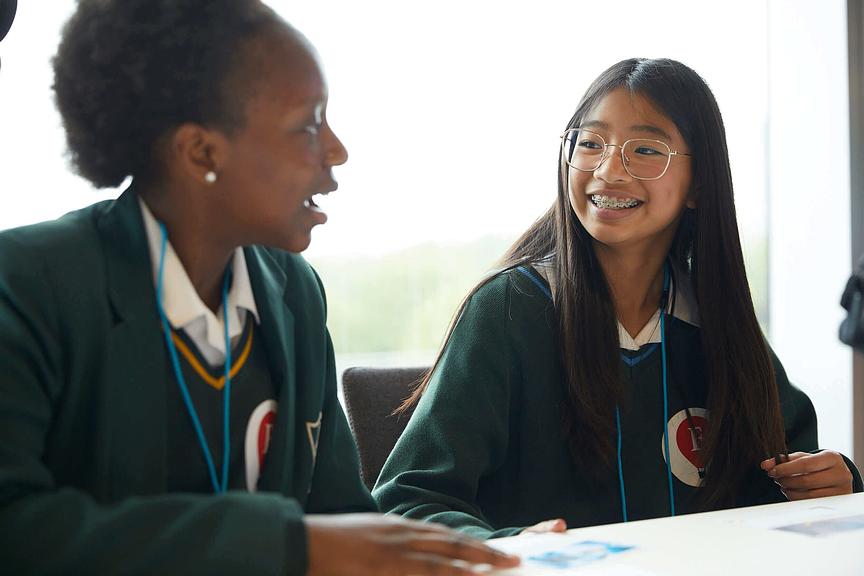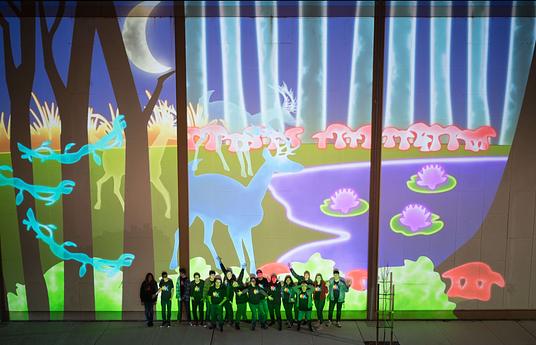We enable inspiring discussions about the news in schools. We provide free weekly educational news content, teacher training and resources. We also bring together schools from different communities and countries for global conversations.
By taking part in these discussions, young people learn to think for themselves about the news. They become able to see fake news, one-sided debates and unsound arguments for what they are. They practice having their say about issues affecting their lives. The young people on our programme can make seven times more progress in speaking, listening, problem-solving and creativity compared to a controlled group.
In uncertain times, the ability to think critically and communicate confidently about real-world issues is a hugely valuable asset. It not only gives young people a voice, it helps them to succeed in school, the workplace and beyond. Misinformation and polarisation are on the rise. Our world is becoming more divided than ever. It’s crucial that we equip young people with the skills and knowledge to make sense of the world and cut through the noise.
We are reaching 13,000 teachers worldwide and creating weekly news-content for them to facilitate weekly discussions with their students about the big issues shaping the world. We cover challenging and complex topics from AI and the climate crisis to the decline of democracies. In the 2024-25 school year, our lessons about AI have been some of our most popular and have given children a deeper understanding of how AI works and its impact on the world today and in the future.
Once a year we host the Topical Talk Festival where thousands of young people from all over the world join discussions on our online platform, the "Student Hub". They share perspectives on current news stories. These discussions are facilitated by our in-house teachers with the support from global topic experts who share their experiences and ideas on the topic with students.
Get in touch to find out more: www.economistfoundation.org
Sign up for our free, weekly resources here: talk.economistfoundation.org


